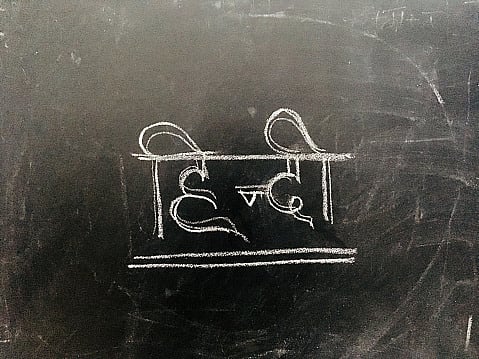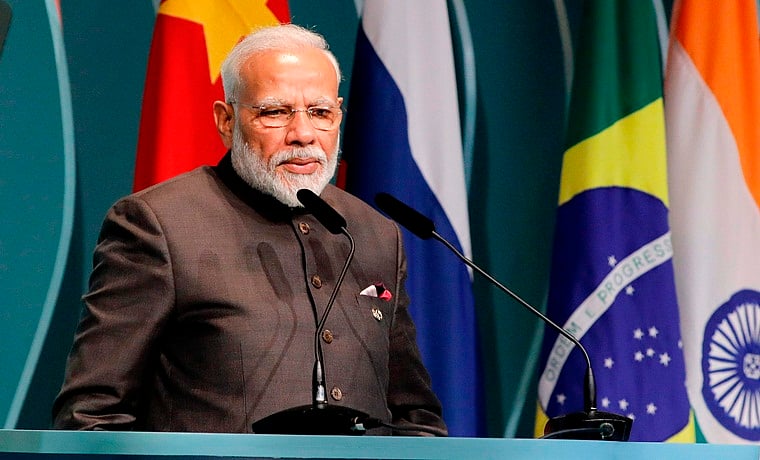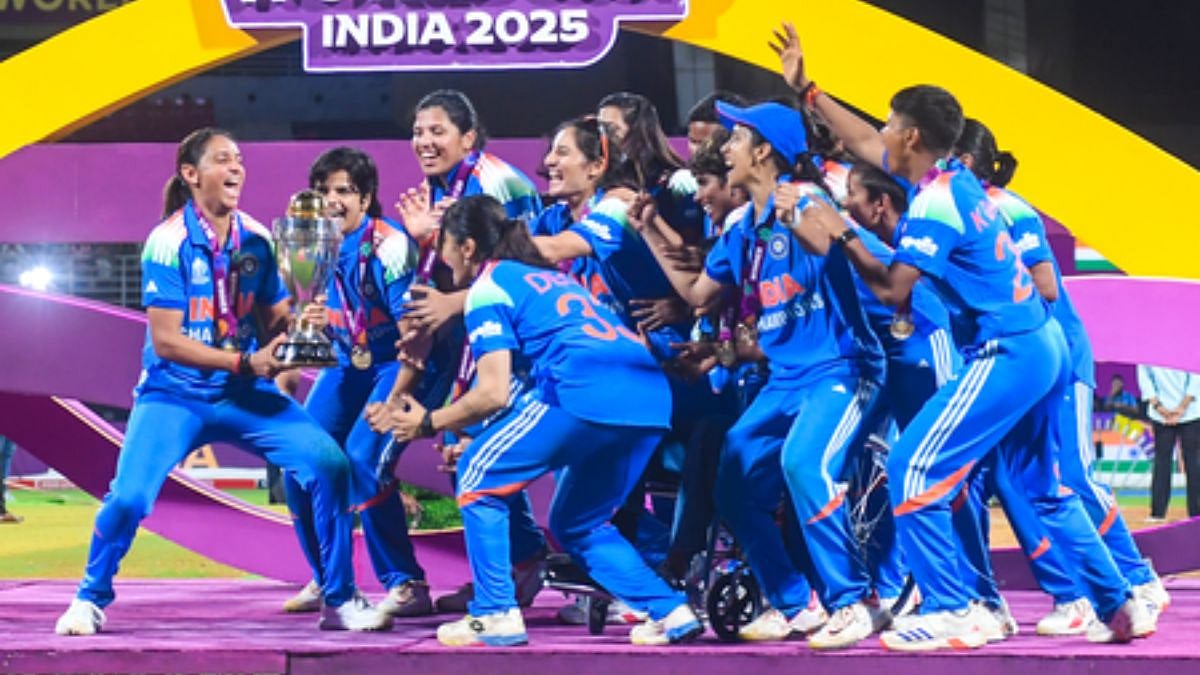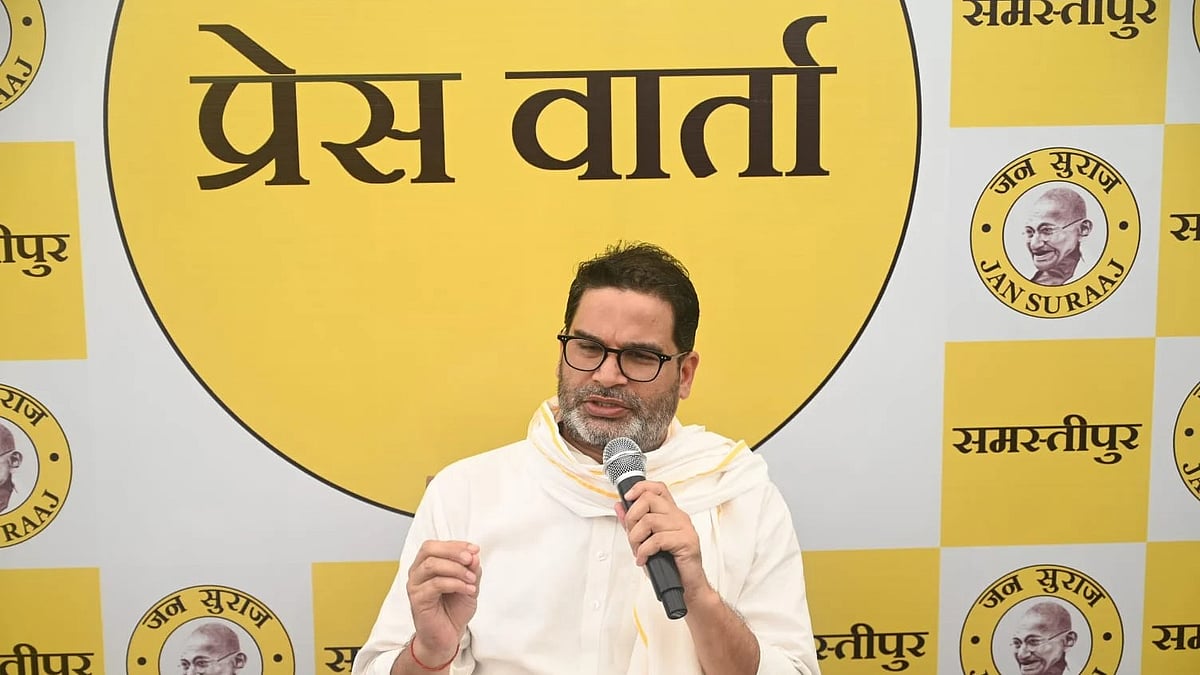Though there's no gainsaying the fact that social media and WhatsApp are killing languages and their purity is at stake, it's Hindi that bears the brunt. As a purist, the desecration of any language pains me no end, but at times I feel that Hindi in particular is being systematically massacred not just on social media but even by the agencies that are related to Hindi's projection and promotion as a national language. Hindi cinema is its quintessential example. The less said the better about the kind of Hindi spoken in today's cinema. Actors read their dialogues in Roman Hindi (written in English script). They consider Hindi to be infra dig. This is indeed humiliating. You'll concur with me that whenever you get a message in Hindi on your social account, it's always grammatically incorrect and the spellings are in a shambles. It seems as if there's a concerted national conspiracy to denigrate and delete Hindi from India's linguistic firmament.
In spite of having all the required linguistic wherewithal, Hindi has not yet been able to become a language of the elites. The uncomfortable truth is that the classes prefer English and the masses prefer Hindi. Have you ever thought about why people send their wards to English-medium schools? Why has “Hindi medium” become a metaphor for descending social hierarchy and English invariably seen as a mark of social and hierarchical ascension? A language not only needs political patronage for its development, it also needs the genuine love and respect of the people. The toffee-nosed, convent-educated elite Indians always erroneously believed in the supremacy of English. Isn't it ironic that most of the Indians, even those who love to read, had not even heard the name of this year's Booker Prize Awardee Geetanjali Shree, let alone read her original book Ret Samadhi in Hindi? Only after Daisy Rockwell's translation of the book, titled Tomb of Sand, won the International Booker Prize did people in India take notice. Munshi Premchand is still popular in the Hindi belt, but contemptuous English-knowing readers have only heard his name without having read his immortal works like Godaan, Karmabhoomi, Premashram, Sevasadan, Nirmala and Gaban, among others. The same dismal fate befell Jayshankar Prasad, Dr Ramdhari Singh “Dinkar”, Surykant Tripathi “Nirala”, Mahadevi Verma and Agyey, to name but a few. It's said that Agyey's novel Shekhar: Ek Jeevani is the finest non-French adaptation of Albert Camus's The Outsider (or The Stranger). But how many of us have heard of this, let alone read the book?
Two hundred years of British Raj and, prior to that, Islamic rule enslaved us physically as well as mentally. Indian historian Ramesh Chandra Majumdar wrote in his seminal essay, 'The ill effects of colonialism on its subjects', “When a country is colonised, the first casualty is the sense of national pride and language, being the fulcrum of the national pride, suffers the most.” When Muslims were ruling, Hindi still had a considerable presence and it wasn't toppled by Persian or Arabic because India wasn't exactly colonised before the arrival of the British. Many Muslims like Raskhan, Rasleen, Malik Muhammad Jaysi and Amir Khusro, to name but a few, were writing and enriching early Hindi. But the moment Brits arrived and totally colonised the land, not just Hindi but all indigenous languages were consigned to the dustbin of history. The enslaved Indians also thought that it was only English that could put them on par with their white masters. So they began to learn English, and Hindi became a pariah in its own country. To quote Nirad C Chaudhury, “During British rule, Hindi first became a language of the natives and by the time Brits left, it was relegated to the language of the marginalised” (from Autobiography of an Unknown Indian).
As I stated earlier, our mainstream Hindi cinema has also contributed to the vilification of Hindi. The cooks, gatekeepers, drivers and maids all are still depicted as lowly people conversing in a bizarre, dialectical Hindi of Bihar and Eastern UP. Unfortunately, that has been the sole medium and source for the non-Hindi knowing Indians to get introduced to Hindi. They didn't get to hear good, polished and refined Hindi and whatever little they heard was from rustic, artificial and cinematic Hindi on celluloid. That has been an intentional act of linguistic subjugation Hindi has had to go through for so many years. Today, Hindi's image is that of a language spoken by the have-nots (Sarvahara ki bhasha). This is an extremely painful state of affairs. Until we change our attitude and approach towards Hindi, it is going to remain in the dungeon of darkness and oblivion and will continue to be trampled. We need to develop a genuine interest in the language, and cultivate an inclination to learn and converse in Hindi. Enough of lip service. Actors from Hindi cinema must always converse in Hindi and shouldn't feel embarrassed while speaking in Hindi. Only then can Hindi get a fillip and become a language of the masses and classes. Someone so succinctly described the plight and predicament of Hindi in two lines: “Sach kahne mein kya burai hai/Hindi apne hi desh mein parayi hai (What's wrong in stating the truth/ Hindi is neglected in its own land). True words, indeed.
The writer is a regular contributor to the world’s premier publications and portals in several languages









